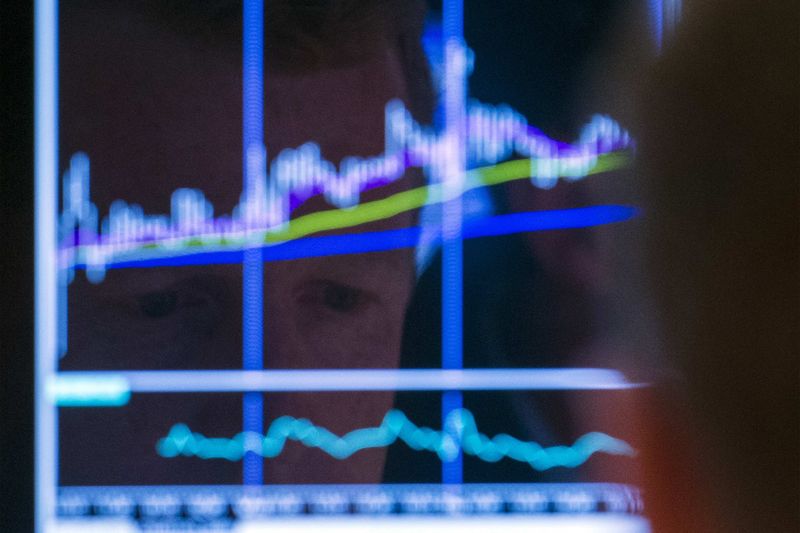By Lionel Laurent
LONDON (Reuters) - Scotland-based investment strategist Russell Napier gave up his high-powered finance job as a star analyst bankrolled by a big-name broker in order to go it alone last year.
Fifty-year-old Napier now sells written research, phone calls and meetings directly through an online marketplace he helped to launch in 2014. It's called ERIC and it allows investment professionals to bid for research as if it were eBay (O:EBAY).
ERIC is one of several new platforms inspired by regulators' efforts to narrow the scope for conflicts of interest in financial trading. It aims to reinvigorate a research industry that has long relied on fund managers' customers paying an all-in commission on every trade.
These commissions, worth about 2.5 billion euros annually in Europe, cover not only the execution of the deal but research and other services, prompting criticism that clients aren't sure what they're paying for or how impartial the trading advice is.
With commissions under threat, the response of more than 40 research providers has been to sell their wares through ERIC. Users can bid for a phone call with Gluskin Sheff strategist David Rosenberg, a research note from broker Mainfirst or a chat with an analyst at a rate of $375 per hour. Around 1,200 fund managers have signed up, according to Napier.
"Any seller can put up any research they want, at any price they like," said Napier. "You are buying analysts' time ... It's the cutting edge of capitalism."
ERIC is not alone. Paris-based Alphametry plans to sell trading ideas offered by anyone from bank analysts to academics, U.S.-based Airex offers financial apps and reports and London-based RSRCHXchange offers a further independent option.
The appeal of these new distribution channels is much enhanced by the expectation that European regulations due to come into force in 2017 will require more fund managers to pay for research using hard cash.
Two-thirds of investors surveyed by consultancy TABB Group said new rules would mean they spend less on research. Neil Scarth of Frost Consulting expects brokers' research budgets to fall to $3.4 billion by 2017 from around $4.5 billion in 2015.
For upstart platforms like ERIC, this expected squeeze is a chance to reinvent a market that has grown stale: data from research tracker Mereus suggests less than 6 percent of most research notes received by e-mail are opened. By forcing investors to count the cost of research, only the best analysts should be rewarded.
"Less research will be produced ... But more bad research will be lost than good," said Frost Consulting's Scarth.
INCREASED COSTS
The proposed rules have yet to be finalised and not all fund managers welcome the changes. Some say increasing regulatory costs will put smaller funds at a disadvantage and that European investors overall will have less access to research than those in the United States, where no changes are due.
But executives at several bulge-bracket investment banks and brokers told Reuters that different packages were being negotiated with clients, from pay-as-you-go to all-in subscriptions.
"Research providers will win for bespoke analysis and original 'alpha' (added-value) ideas," said Adam Toms, European head of Nomura-owned brokerage Instinet. "There could be a great deal of competition to access the best super-league of analysts."
For analysts who have made their name, like Napier, there may be more money in going solo. For relative unknowns without a bank brand to promote them, it could get a lot harder.
"Market forces must be allowed to set the price of research ...And it is the reputation of the author that will set that price," said Alphametry head Fabrice Bouland.
